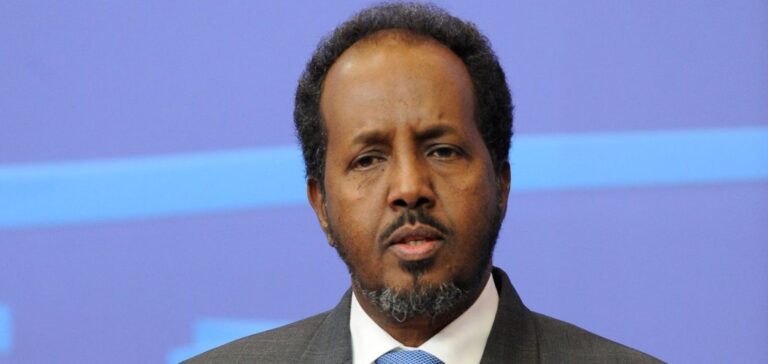The Somali government has validated seven offshore oil exploration contracts with the American company Coastline Exploration, sources of controversy with the previous administration of this country in the Horn of Africa, it was learned Saturday.
“We want to drill several exploration wells and in six to seven years, we could see oil revenues flowing into Somalia,” Coastline Exploration boasted in a tweet Saturday.
The U.S. company and the government of President Hassan Sheikh Mohamoud, elected in May, formalized on Friday the conclusion of seven production sharing agreements (PSAs) for oil blocks located in deep waters off the Somali coast.
These agreements were initially concluded in February, but shortly after the announcement of their signing by the oil minister, then-President Mohamed Abdullahi Mohamed, known as Farmajo, and his Prime Minister Mohamed Hussein Roble denounced them, in a rare unanimity between the two men.
The president’s office had declared them “null and void,” saying they violated a decree prohibiting the signing of any agreement with a foreign entity during the election period. Mr. Roble had considered this signature “illegal and unacceptable”.
The current government has indicated that five changes have been made to the original agreements.
“The Attorney General and international lawyers suggested that certain provisions of the agreement be amended in accordance with Somali law and we have done so,” Somali Oil Minister Abdirizak Omar Mohamed said in a statement.
“The Somali people are facing a terrible economic situation that makes us ask for international assistance every year. To solve this problem, we must exploit our resources, develop our economy and improve the income of the government and the people,” President Hassan Chaikh Mohamoud said in a statement.
One of the poorest countries in the world, Somalia has been plagued by decades of instability, including the 2007 insurgency by radical Islamists, the Shebab.
Houston (USA) based company specializing in hydrocarbons in East Africa, Coastline said in a statement that it has paid “a signing bonus of 7 million dollars”. “Coastline estimates that approximately 100,000 barrels of oil will flow from each of the discovered fields each day,” she said.
“If our wells come to fruition, the Federal Government of Somalia will receive a 5% royalty, 50% profit sharing and will apply an income tax on onshore exploration at the rate of 30%. The government also has the right to take a direct interest in each discovery if it wishes,” the company detailed on Twitter.






















